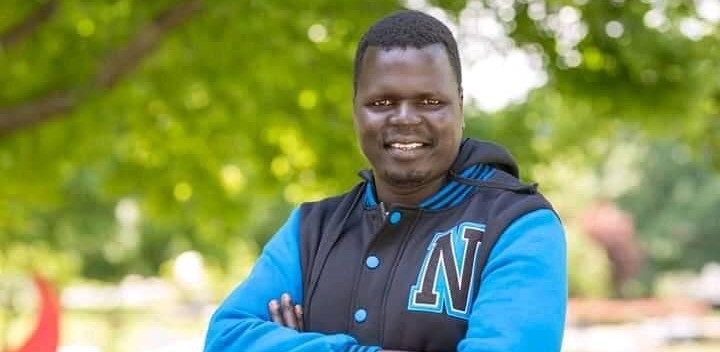When Paul Ruot Bayoch was a boy in Ethiopia’s Itang refugee camp, he used to stare at sacks of grain and tins of oil stamped “From the American People.” To him, those words were more than aid labels — they were a promise of hope.
“I grew up knowing that someone, somewhere, cared,” Bayoch said. “That message stayed with me for life.”
Born on April 4, 1988, during Sudan’s long and brutal civil war, Bayoch’s parents fled the violence that engulfed their homeland. They settled in the sprawling refugee camp in Gambella, where thousands of southern Sudanese sought safety from conflict and famine.
Life in the camp was harsh. Families depended entirely on humanitarian assistance from USAID, the European Union, UNHCR, UNICEF and other international donors. Education came through makeshift classrooms of mud and thatch — but they became spaces of transformation.
“It was there that I learned to dream — of peace, of purpose, and of returning home one day,” he said.
That dream would guide his life for decades.
In 2016, five years after South Sudan’s independence from Sudan, Bayoch began working as a master trainer for the Morning Star Trauma Awareness Program under USAID’s VISTAS project. Over the next three years, he traveled to remote corners of South Sudan — Akobo, Rubkona, Panyijiar and Fangak — helping communities recover from years of war.
He trained more than 2,000 community leaders, youth and women on trauma healing and reconciliation. “We talked about cycles of violence, forgiveness, and the power of healing,” he recalled. “Each training was a small step toward rebuilding trust.”
In 2020, he joined the Norwegian Refugee Council as an information, counseling and legal assistance officer, working to restore rights and dignity to displaced families.
A year later, he became a Monitoring, Evaluation and Learning (MEL) specialist for the Shejeh Salam project in Jonglei state, one of South Sudan’s most conflict-prone regions. The position gave him a front-row seat to the challenges facing communities — cattle raiding, child abduction, youth unemployment and intercommunal violence.
“I wasn’t just analyzing data,” Bayoch said. “I was helping design solutions that could bring peace.”
When USAID’s programs began to phase out, Bayoch didn’t stop. He volunteered with BBC Media Action South Sudan, using radio to give voice to citizens and highlight community-led peace initiatives.
“I wanted to keep the spirit of service alive,” he said. “If I could no longer work through aid projects, I could still use my voice.”
For Bayoch, the journey from refugee to peacebuilder is deeply personal. He sees himself as proof that humanitarian assistance can change lives.
“Through USAID’s support, I helped communities across five states and thirteen counties rebuild and regain hope,” he said. “That’s something I’ll carry forever.”
Still, he admits, the work is far from over.
“It pains me to see South Sudan continuing to bleed,” he said quietly. “Our people deserve peace, jobs, health care, roads, electricity and education. We have come too far to give up now.”
Despite the hardships, Bayoch remains hopeful.
“As we hope for the best, we must also act,” he said. “This nation needs all of us — working together, determined to make it a better place for everyone.”




